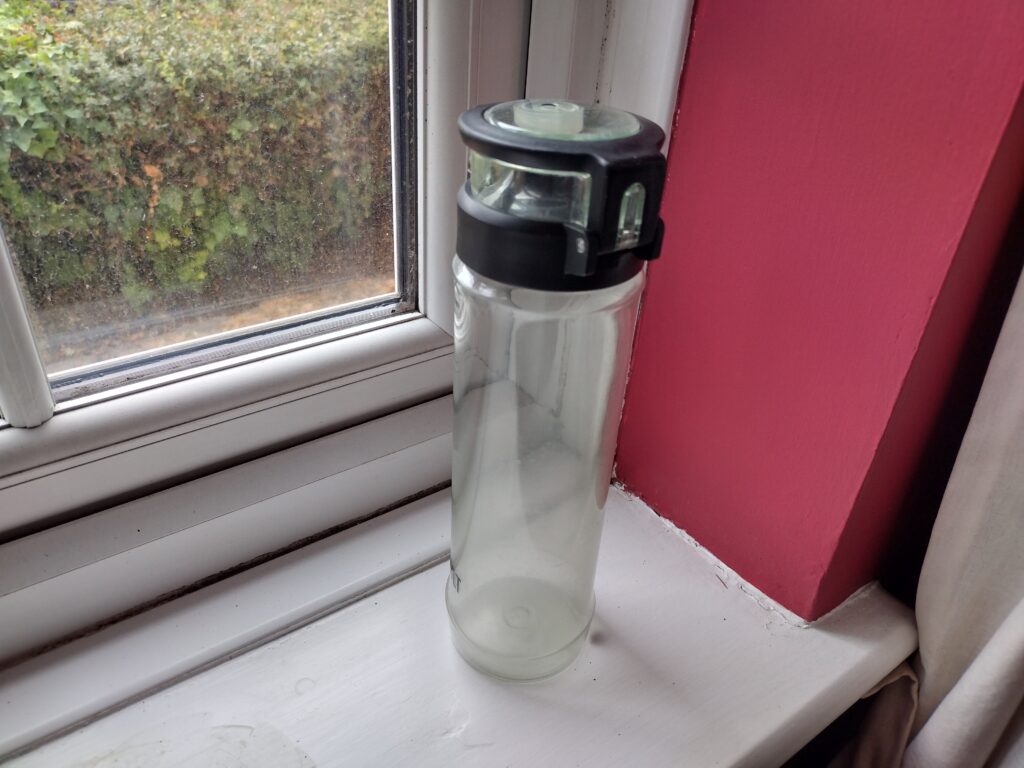


Is Bottled Water Good For You?
Before we ask is bottled water good for you?, we must of course take a little time to reflect upon the fact that it is certainly not good for us as members of a wider society. Many of us are now aware of the negative environmental impact of bottled water. Particularly with regard to the unfolding climate crisis, bottled water has a detrimental impact in many ways. The distribution process that takes the products to retail and catering outlets is very carbon-intensive, as is the refrigeration process in those outlets where it is sold to the consumer. In addition, much water is sold in plastic bottles and is packed for distribution in plastic packaging, the production of this plastic being a very carbon-intensive process.

The production process involved in bottling water for drinking releases an estimated 2.5 million tons of carbon dioxide into the atmosphere. Compared to that, the carbon release associated with drinking tap water is minuscule.
In addition to the climate footprint of bottled water, there is also the question of waste with used plastic water bottles ending up in landfill sites or in rivers and oceans. The slow process of degrading of the plastic packaging also releases toxic substances which will end up in the soil. Conservative estimates are that bottled water plastic waste is responsible for the deaths of over one million sea creatures every year.
So we know that environmentally, it is a rather damaging product to consume. But looking at the supposed benefits of drinking it, is bottled water good for you? Studies have shown the presence of microplastics in bottled water. These are tiny particles of plastic officially categorised as less than 5mm in diameter but often considerably smaller. Unfortunately, they are increasingly being found in our environment and in our food chain (and indeed inside us!). The fact is that plastic food and drink containers can shed large amounts of microscopic fragments.
In addition to this, many plastic bottles are contaminated with PFAS (perfluoroalkyl and polyfluoroalyl), which then leech into the water and any other substances kept in similar plastic containers. These chemicals are used in the manufacture of containers. They cannot break down and can continually accumulate in our bodies. They have been linked with a wide range of health issues, including liver and kidney disorders, lower sperm count, cancer, and thyroid problems.
As well as the issue with plastic, it may come as a surprise to learn that there have also been cases of mould and even arsenic being found in supplies of bottled water being sold to the public. Mould prevalence in bottled water plants has been found to be higher seasonally with warmer months more prone to this problem. While these are surely an exception to normal standards, the regulations surrounding tap water quality in most countries are incredibly strict, and there is literally no reason to think of water sold in bottles as purer or cleaner in any way. That’s simply the impression that the marketing people want you to derive.
In contrast to this, tap water comes into contact with plastic containment barely, if at all. Additionally, in most countries tap water is subjected to tests for microbes and pollutants up to four times more than some bottled water brands.
This Guardian article explores further the question is bottled water good for you?


